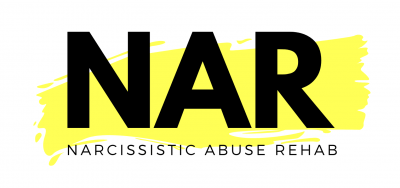New York’s highest court has overturned Harvey Weinstein‘s 2020 conviction on felony sex crime charges, marking a significant reversal in a case that was foundational to the #MeToo movement. The decision, handed down by the New York Court of Appeals on Thursday, cited crucial mistakes made by the trial judge. Furthermore, the decision reflects a trend in high-profile cases where convictions are challenged on procedural grounds, highlighting broader legal debates surrounding the fairness of trials in cases involving allegations of sexual misconduct.
According to The New York Times, the 4-3 decision by the appeals court concentrated on the trial judge’s decision to allow prosecutors to call witnesses who testified about incidents unrelated to the charges against Weinstein. These witnesses, a series of women who accused Weinstein of assault, were not part of the charges brought against him. The majority of the judges concluded that Weinstein had not received a fair trial as he was effectively tried for his past behavior rather than solely on the crimes he was charged with.
In response to the decision, Arthur Aidala, Weinstein’s lawyer, hailed it as a victory not only for his client but for every criminal defendant in the state of New York. He commended the Court of Appeals for upholding the fundamental principles that defendants should have in a trial.
The decision now puts the onus on the Manhattan district attorney, Alvin L. Bragg, to determine whether to pursue a retrial of Weinstein. The district attorney’s office has not yet responded to requests for comment on the matter.
However, Weinstein’s legal battles are far from over. Despite the overturning of his New York conviction, he remains incarcerated in an upstate prison in Rome, N.Y. This is in part due to a separate conviction in California in 2022, where he was sentenced to 16 years in prison for rape.
Weinstein’s case has been emblematic of the larger #MeToo movement, which saw him accused of sexual misconduct by more than 100 women. In New York, he was convicted of assaulting two of them. The Court of Appeals’ decision, coming more than four years after his initial conviction, complicates the trajectory of his legal saga and underscores the challenges in delivering justice for victims of sex crimes.
The overturning of Weinstein’s conviction was based on two major issues identified by the judges: the admission of testimony from women unrelated to the charges and the trial judge’s decision to permit questioning about uncharged allegations if Weinstein chose to testify. According to Weinstein’s lawyers, these decisions hindered his ability to testify in his own defense and compromised the fairness of the trial.
As Weinstein’s case is expected to return to State Supreme Court in New York, the complexity of his legal situation is further compounded by his California conviction. The road ahead for Weinstein remains uncertain as legal proceedings unfold in both states.
Photo: Sam Aronov / Deposit Photos.






